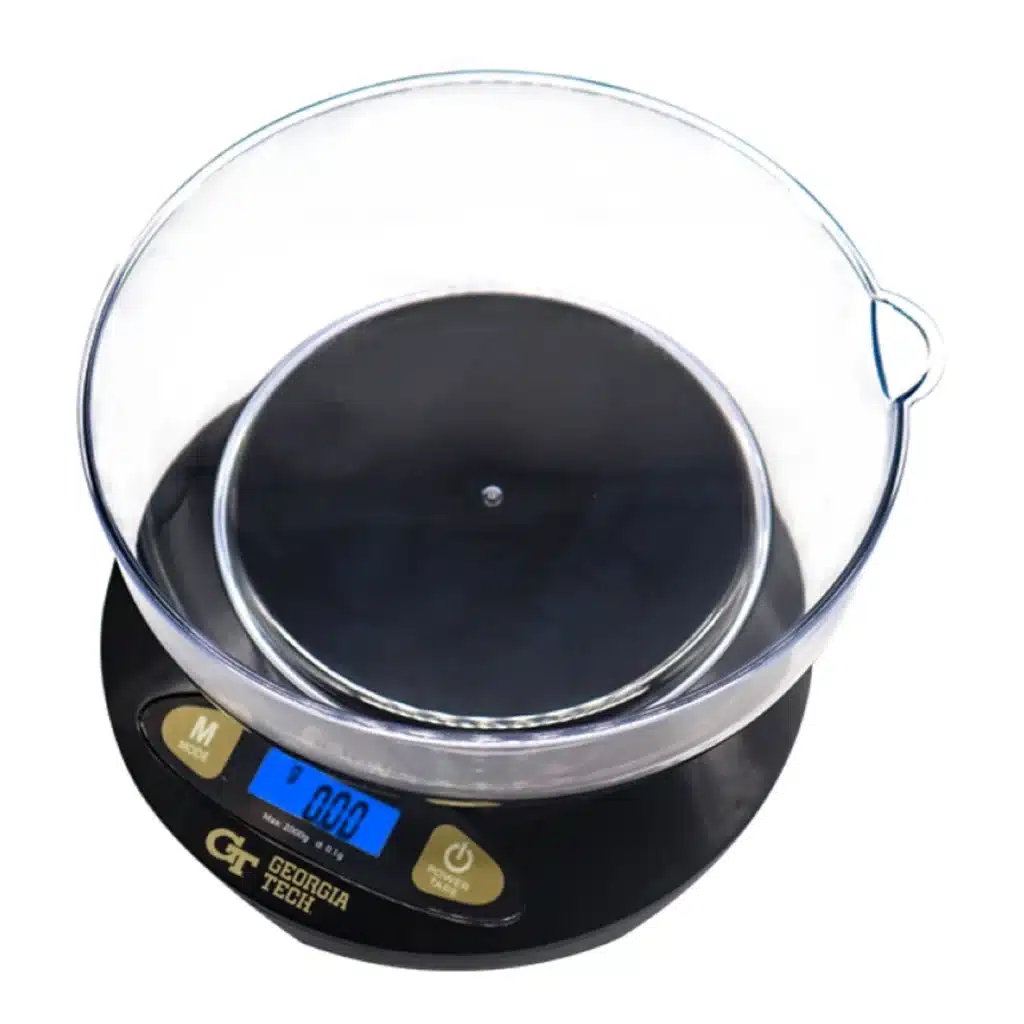Blog
Pocket Scales vs. Digital Kitchen Scales: What’s the Difference?
In the world of measuring tools, scales play an essential role in ensuring accuracy, whether in the kitchen, laboratory, or for personal use. Among the various types of weighing devices available, pocket scales and digital kitchen scales are two commonly used options. While both serve the purpose of measuring weight, they differ in terms of size, precision, and functionality. If you are wondering which one suits your needs, this blog will help you understand the key differences between pocket scales and kitchen scales.
What Are Pocket Scales?
Pocket scales are small, portable weighing devices designed for on-the-go measurements. These compact scales can fit easily into a pocket, purse, or small bag, making them highly convenient for those who require precise measurements outside of the home. Pocket scales typically have a weighing capacity ranging from 100 grams to 500 grams, with a precision of 0.01g to 0.1g.
Key Features of Pocket Scales:
- Portability – Lightweight and compact design for easy carrying.
- Precision – Offers high accuracy, often used for weighing jewelry, herbs, medications, and coins.
- Battery Operated – Most pocket scales are powered by small batteries, ensuring easy usage anywhere.
- Tare Function – Allows you to subtract the weight of the container to get an accurate measurement of the contents.
- LCD Display – Clear digital display for quick and easy reading.
Pocket scales are ideal for individuals who need precise weight measurements for small items. Their accuracy makes them a popular choice among jewelers, pharmacists, and collectors.
What Are Digital Kitchen Scales?
Digital kitchen scales, on the other hand, are designed primarily for culinary purposes. These scales help home cooks and professional chefs measure ingredients accurately, ensuring perfect recipes. Kitchen scales generally have a larger weighing capacity, typically ranging from 1 kg to 5 kg, with a precision of 1g to 5g.
Key Features of Kitchen Scales:
- Larger Weighing Capacity – Suitable for measuring ingredients in large quantities.
- User-Friendly Design – Often features a wide, flat surface to accommodate different bowl sizes.
- Multiple Units of Measurement – Can measure in grams, ounces, pounds, and milliliters for various cooking needs.
- Tare Function – Helps measure only the food ingredient by subtracting the weight of the container.
- Battery or USB Powered – Operates on batteries or rechargeable power sources.
Kitchen scales are commonly used in households, bakeries, and restaurants to ensure precise ingredient portions, leading to consistent results in cooking and baking.
Which One Should You Choose?
The choice between pocket scales and kitchen scales depends on your specific needs:
If you need high precision (e.g., measuring small items like jewelry, herbs, or powders), pocket scales are the best choice.
If you need to measure food ingredients for cooking and baking, then kitchen scales are more suitable due to their higher capacity and ease of use.
When to Use a Pocket Scale?
-
Weighing gold, silver, and other precious metals.
-
Measuring medicinal herbs and supplements.
-
Checking the weight of coins or collectibles.
-
Measuring small portions for dietary control.
When to Use a Kitchen Scale?
-
Measuring flour, sugar, and other baking ingredients.
-
Portioning food for meal prep and diet plans.
-
Ensuring consistent ingredient ratios in recipes.
-
Weighing liquids with milliliter conversion.
Final Thoughts
Both pocket scales and digital kitchen scales serve important purposes, but their usage varies based on the required accuracy and capacity. If you need a portable, highly accurate device for small measurements, a pocket scale is the way to go. However, if your goal is to achieve precise ingredient measurements in the kitchen, a kitchen scale is the best option. Choosing the right scale will depend on your specific weighing needs, so consider the features that matter most to you before making a purchase.
No matter which scale you choose, having an accurate weighing device can significantly improve your cooking, baking, or precision-based tasks. So, whether you’re a chef, a jeweler, or a collector, investing in the right scale will ensure you get the most reliable measurements possible!

